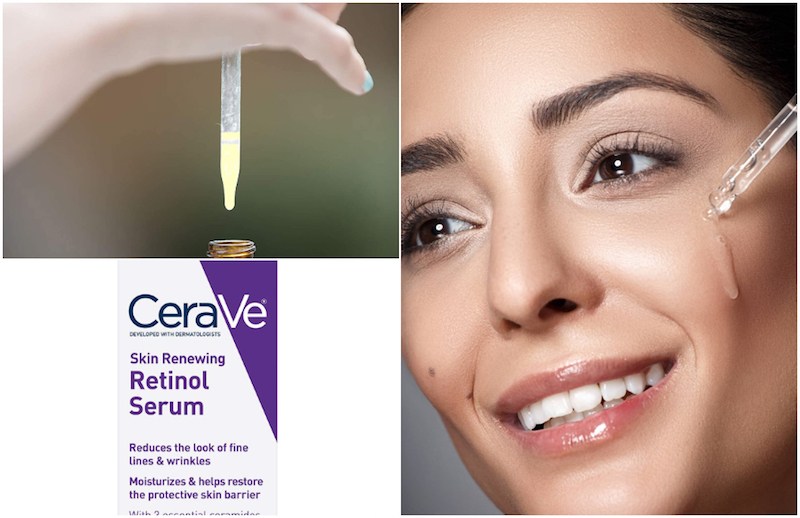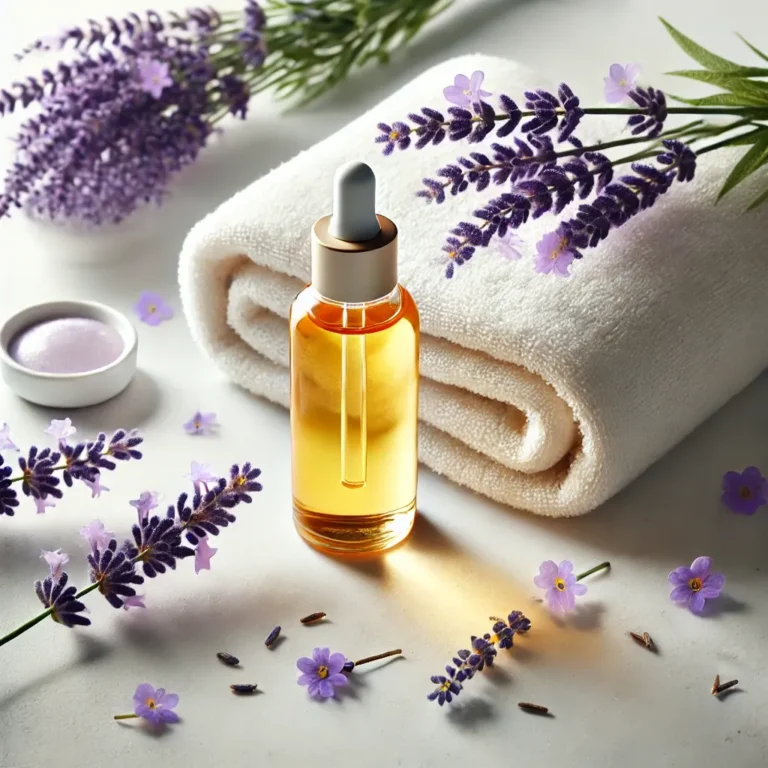
Move over vitamin C! Retinol is here to take the top spot in the list of “star skincare ingredients.” Retinol is considered as a magic ingredient that not only works on all signs of ageing such as wrinkles and fine lines, it also evens out skin tone and brightens complexion, and reduces acne breakouts too. A majority of us suffer from skincare issues ranging from uneven skin tone, acne, hyperpigmentation, dryness, textural irregularities, premature ageing that are triggered by exposure to harmful sun rays, pollution, chronic stress, and not to mention hormonal imbalances. Don’t we wish if there was one single ingredient which could tackle all these skincare woes – and yes, retinol is the answer to all your skincare wishes. Read on to find out why retinol is a game changer skincare ingredient and how you can benefit by including it in your skincare routine
What is Retinol?
Retinol is a derivative of vitamin A and has gained popularity over the years as an anti-ageing ingredient that fights wrinkles, fine lines, age spots, etc.
1. Retinol acts directly on the DNA in skin cells. It boosts cell turnover that slow down once one hits 30. This makes retinol an effective anti-ageing agent which reduces wrinkles and fine lines.
. It helps in replacing damaged cells with new cells – this adds a luminous glow to the skin.
3. Retinol also thins the top layer of the skin, while thickening the smoother second layer, making the skin look firm.
4. Stimulates collagen production, prevents sagging of skin.
5. Retinoid boosts the creation of glycosaminoglycan. These are substances that are found in the body that help to keep the tissues hydrated.
6. Fades away hyperpigmentation patches.
7. Helps clear dead skin cells, controls sebum production, reduces breakouts.
8. Has antioxidant properties, fights free radicals that damage skin cells.
How To Incorporate Retinol Into your Skincare Routine:
Retinol is a strong ingredient and best when used in night-time skincare routine. Retinol is available over-the-counter and has a weaker concentration compared to retinoid which is a stronger formula and mostly available through prescription. Retinol has a tendency to cause irritation, peeling, and redness on sensitive skin, so always start with a lower concentration and in combination with soothing ingredients such as niacinamide (which has high anti-inflammatory properties) and balances out the inflammation caused by retinol. Also, never ever skip sunscreen when using retinol; in fact, do not skip sunscreen in any case to avoid damage to the skin from the harmful rays of sun.
1. As Night Cream: Night-time is the best time to allow the wonderful properties of retinol to work deep into the skin. Some options easily available in the Indian market are L’Oreal Revitalift Anti Wrinkle + Firming Night Cream, Ranbaxy Yugard.
2. As Serum: Retinoid serums are ideal for those who find direct retinol too harsh on their skin. These help to activate the retinoid receptors on the skin which prompt to create new cells and produce collagen.
3. Anti-Wrinkle Creams: There are many anti-wrinkle creams in the market with retinol and other potent anti-ageing ingredients in them. For example, the Neutrogena Healthy Skin Anti-Wrinkle Cream is armed with retinol and all the other good things like aloe vera.
4. Retinol concentrate: For those looking for a stronger dose of retinol which gets directly placed into the skin, you might want to opt for retinol concentrate. Retinol concentrate is mostly available as a prescription product, you can ask your dermatologist about it.
Tips While Including Retinol in Skincare Routine:
1. To find a product with retinol in it, look for vitamin A listed as retinol, retinyl acetate, retinyl palmitate or retinyl aldehyde which is sometimes termed as retinal or retinaldehyde.
2. Retinol creams are highly effective but may sometimes cause irritation, peeling or redness which is temporary. Always start with a lower concentration and if your skin is sensitive, make sure you use it combination with a calming ingredient like niacinamide.
4. It should not be used daily. First start using a very thin layer two days a week. Gradually start using every alternate day.
5. After cleansing the face, use a good moisturiser before you apply retinol. It makes the skin less sensitive to retinol and prevents dryness, flaking and irritation.
6. Since skin becomes more sensitive to the sun during this time, due to the exfoliation of upper layers of the skin by retinol, always use the best sunscreen during day times







